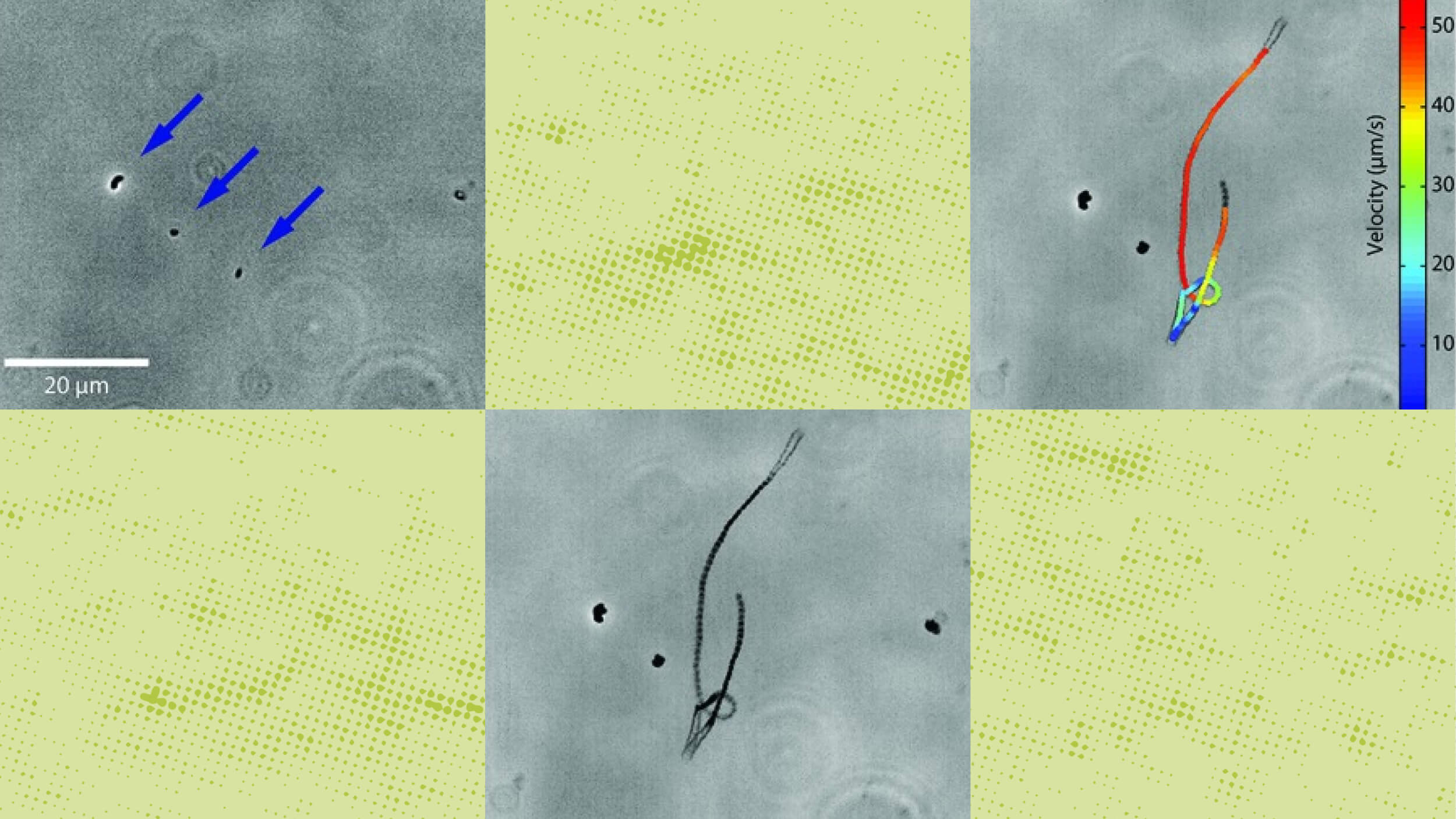Meaning in Life Is Logically Independent of Questions about the Supernatural

Andrew Sullivan quotes this passage from Jennifer Fulwiler’s account of her conversion to Catholicism from atheism:
If everything that we call heroism and glory, and all the significance of all great human achievements, can be reduced to some neurons firing in the human brain, then it’s all destined to be extinguished at death. And considering that the entire span of homo sapiens’ existence on earth wouldn’t even amount to a blip on the radar screen of a 5-billion-year-old universe, it seemed silly to pretend like the 60-odd-year life of some random organism on one of trillions of planets was something special. (I was a blast at parties.) By simply living my life, I felt like I was living a lie. I acknowledged the truth that life was meaningless, and yet I kept acting as if my own life had meaning, as if all the hope and love and joy I’d experienced was something real, something more than a mirage produced by the chemicals in my brain.
This is a good example of what I like to call an argument from dubious dependence. Arguments from dubious dependence generally assume unstated conditional premises which, if made explicit, can be seen to assert a rather dubious relationship between two propositions. Can you spot the sketchy conditionals? There are several here, actually. Here’s two:
Fulwiler says she felt like she was living a lie, and this makes sense if she had accepted these conditionals and their antecedents, but then kept feeling her life was meaningful anyway. Maybe “living an invalid argument” is more like it. Anyway, as logicians like to say, one woman’s modus ponens is another’s modus tollens. So, having failed to stop feeling that her live is meaningful, Fulwiler apparently infers that her life is meaningful. But she hasn’t given up on her conditionals. So, having affirmed the negation of the consequent, the negation of the antecedent follows. Life is meaningful, so screw science!
But why accept these conditionals at all? If you ask me, the best reason to think “life is meaningful” is because one’s life seems meaningful. If you can’t stop “acting as if my own life had meaning,” it’s probably because it does have meaning. Indeed, not being able to stop acting as if one’s life is meaningful is probably what it means for life to be meaningful. But why think this has any logical or causal relationship to the scientific facts about our brains or lifespans? The truth of the proposition “life has meaning” is more evident and secure than any proposition about what must be true if life is to have meaning. Epistemic best practices recommend treating “life has meaning” as a more-or-less self-evident, non-conditional proposition. Once we’ve got that squared away, we can go ahead and take the facts about the world as they come. It turns out our lives are infinitesimally short on the scale of cosmic time. We know that to be true. Interesting! So now we know two things: that life has meaning and that our lives are just a blip in the history of the universe.
This is, I’m confident, the right way to do it. Why think the one fact has anything to do with the other?
Here’s the best I can do reconstructing a sort of argument for the dubious dependency relationships that underpin Fulwiler’s conditionals:
The experience I get from believing that I’m more than merely physical, that part of me is eternal, and that the universe is a reflection of divine intelligence strikes me as an experience of meaning. I feel confident that I wouldn’t have this experience if I didn’t believe this supernatural stuff. My explanation for the experienced dependence of the feeling of meaning on these supernatural beliefs is that my experience somehow reflects the objective nature of things. That’s why I think there can be no meaning in a merely natural world.
Okay. But then what do you do with folks like me who are sure that life has meaning without having any supernatural beliefs at all–who think the question of the meaningfulness of life is logically independent of questions about the existence or nonexistence of supernatural stuff. I think you’ve got to say we’re making a mistake. But what’s the mistake? Failing to have the intuition that meaning is somehow connected to the supernatural is a mistake only if this is an intuition we ought to have. But one can’t establish that it’s an intuition one ought to have without establishing the truth of the intuition in a way that doesn’t beg the question. And this can’t be done.





